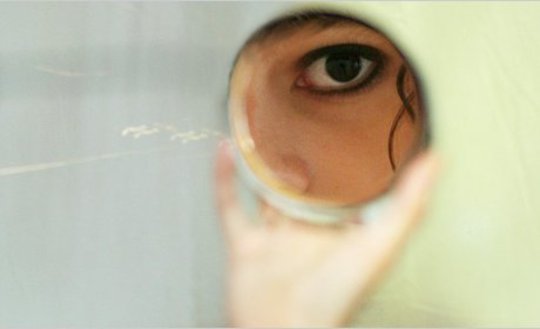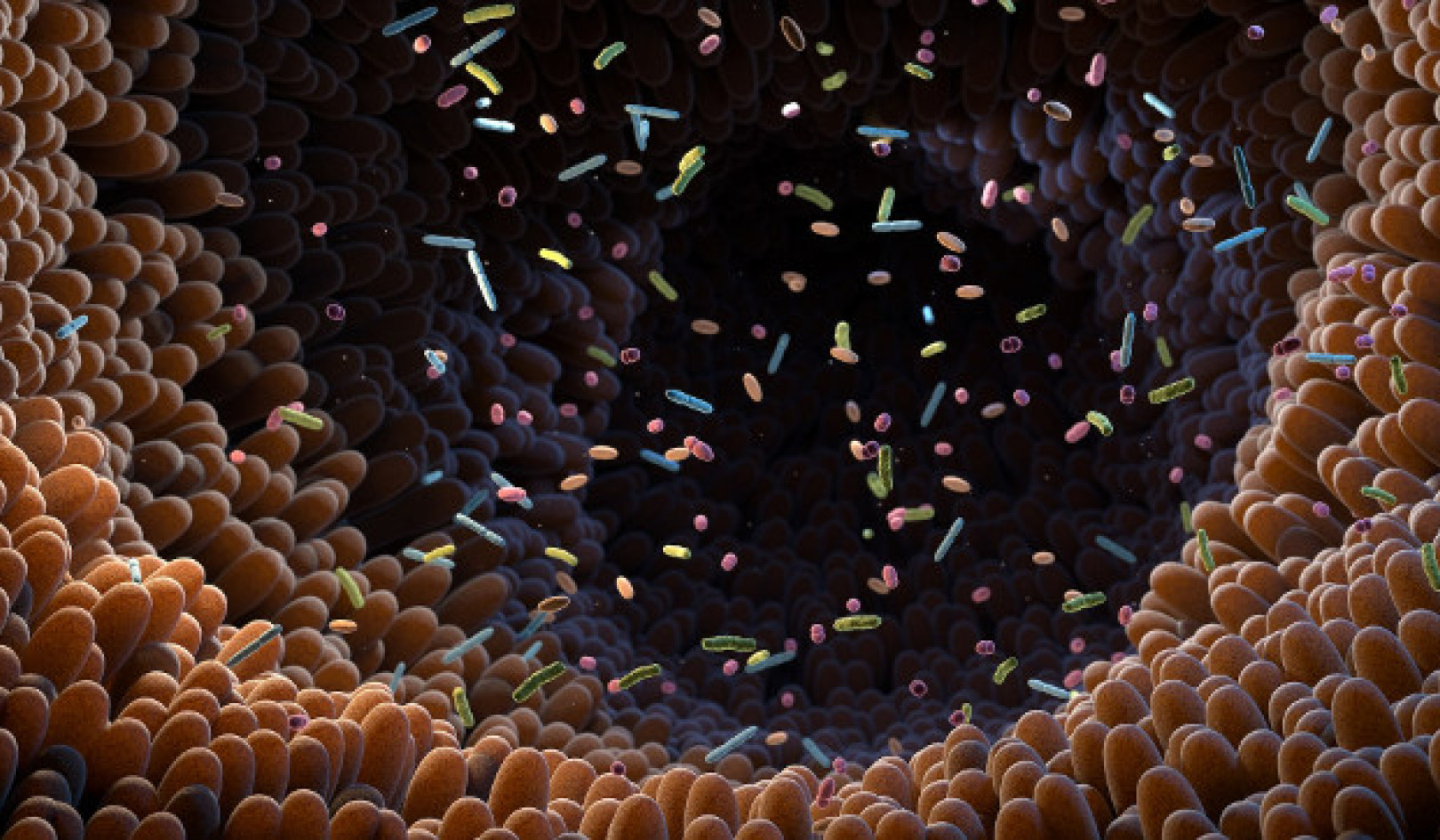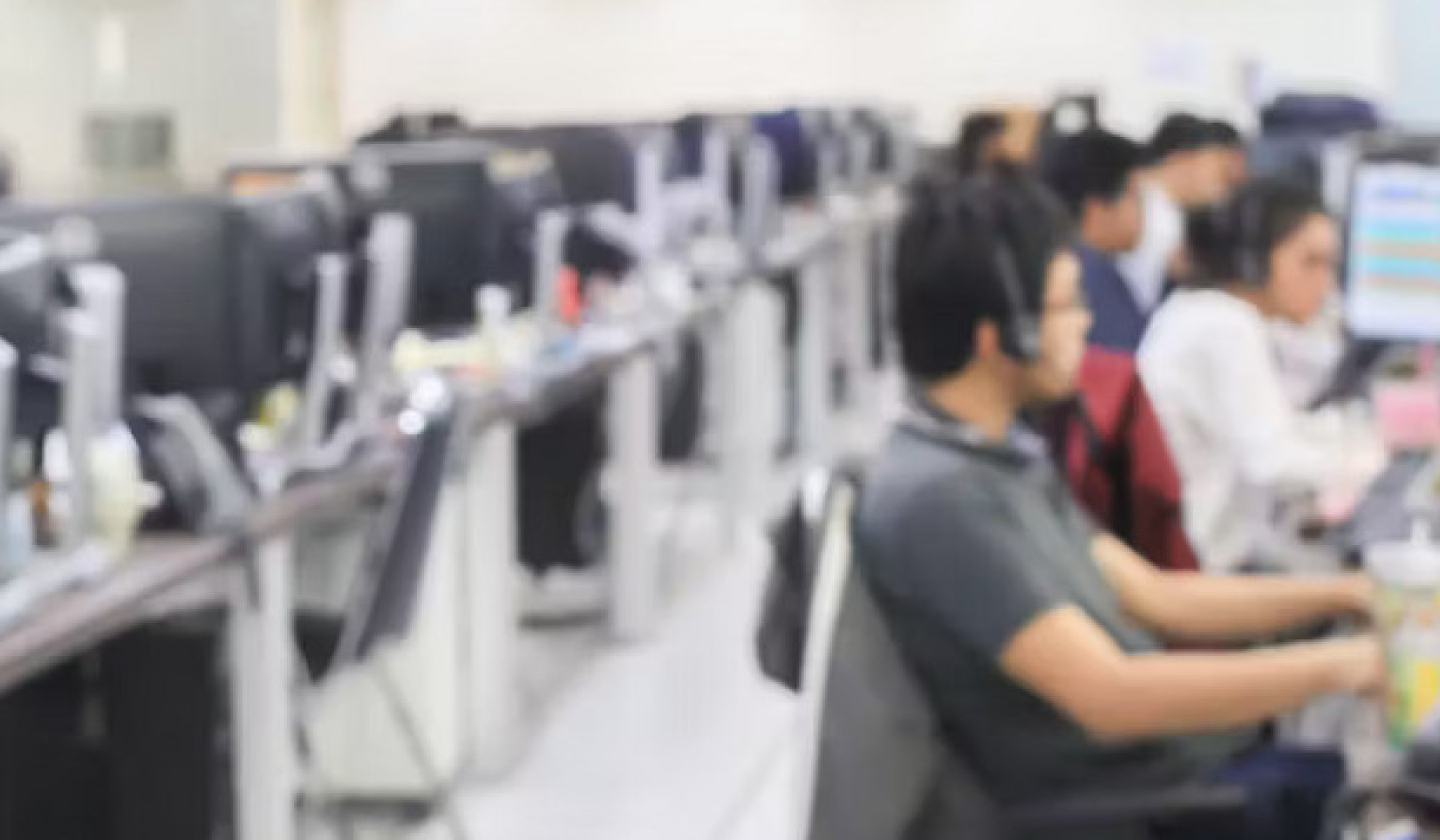
 hat will you and I—and our descendants—become over the next decades or centuries? Is the answer to this question self-evident? Or will we be radically different from how we are now?
hat will you and I—and our descendants—become over the next decades or centuries? Is the answer to this question self-evident? Or will we be radically different from how we are now?
All that follows from this thought is conjecture, but it is more than a venture into fantasy or science fiction. Speculation about the future makes for a useful thought experiment, one that offers insight into who we are now and could give us the power of choice over our destiny.
Prediction is not, of course, an exact science and when we look at the history of foresight (the past of the future, as it were), it is clear that we should not believe everything we are promised or warned about.
The World Ahead: Utopia or Dystopia?
We tend to think of the world ahead as either utopia or dystopia, spectacular disaster or the further fulfilment of human ingenuity. We don’t like to hear about mediocre, half-baked variants of the future, in which we live through more of the same—staring at screens and using technology merely to satisfy human whims or to relieve boredom.
Life in the years ahead won’t be quite the same as the life we leave behind. It will almost certainly be interspersed with “ordinary” unexpected events—natural disasters, wars, financial crashes—but there will be no fundamental changes to what it means to be human. According to this version of historical futurology, there will be great waves of dramatic change to come but everything will stay the same because we will stay the same. We will be stuck being who we are, no matter what happens around us.
We can see the truth of this, looking back. Everyone alive today is used to fast and accelerating technological progress. The world has been transformed around us, yet we have not been transformed ourselves. Even though we have modified our behaviour in accordance with new possibilities presented to us, in most respects (allowing for the superficial gloss of culture) we’re still recognizably the same creatures who lived a hundred, a thousand, or even a hundred thousand years ago.
We are still, as I write this, bound by the perennial biological terms of our parole on Earth. It’s possible that we will be shaken out of our complacency by some great unexpectable unexpected event, such as the discovery of alien life, which will force us to question who we are in an acute way.
Sculpting Ourselves According To Our Dream of How We Would Like To Be
There is, however, another way in which the future could be radically different to any future that comes before it. In this scenario, we get to work sculpting ourselves according to our dream of how we would like to be. There are two main ways we could do this—which could be dubbed, “natural” and “unnatural”—and either would mean a profound reevaluation of what it means to be human.
The first of these, the “natural” approach, is to extend and eventually, perhaps, break the limit of our life span. Thanks to hygiene, medicine, and prosperity (creating better standards of living), average life expectancy has been steadily increasing across the globe, in general, but specifically in developed countries. This in itself is steadily changing who we are, as we outlive the ages of procreation, work, and childcare.
What, though, if we could live longer still? Much longer? If the key killer diseases can be controlled or even eradicated, and if we can replace cells as needed and make the replacement of worn-out body parts routine, we will be on our way to enhanced longevity. An advanced understanding of the reason why our bodies age will further help to slow down our decline, or even halt it altogether. Decades of perfect health may become not a matter of luck or sound living but a human right.
Given that part of identity is expecting to grow old and die, this prospect will force us to rethink things. If a young person knows that he is going to live longer than his father, he will plan his life differently. There won’t be so much hurry, and the risks of mistakes will be reduced. He might decide to have several careers—why choose one, when he can retrain for another after what was retirement age for the previous generation? And he might want several long, committed relationships—perhaps an amicable divorce after the golden wedding anniversary, so that each can try again with a new partner.
The possibility of a much longer lifespan, however, would raise questions that we have not yet had to consider:
would everyone have the same right to longevity? Or would this, say, exacerbate the divide between the rich and the poor, the powerful and the powerless?
Could we carry on having children (all of them with extended life spans)? If we did, Earth would become quickly overpopulated.
Would we still consider ourselves responsible for our distant pasts? Would I feel like the same person at 150 as at 15?
How would we finance our extended lives? Would we really want to work for decades longer than we do at present?
How would our relations with other people change?
The longer we manage to live, the more implications such questions—and ones that will occur to us in the face of reality—will have for us.
Implicit in all this is the notion that we will be able to perfect medical techniques that include replacing bits of us as they wear out. This prompts the existential doubt: how many bits of me can be replaced without me losing my sense of me? That is, would I still be me if all my limbs and organs (including my brain) are made with refurbished parts?
One alternative to being shaped as we live and age may be that we will develop the ability to design more perfect beings before birth (old-fashioned pregnancy and birth having been superseded by a risk-free, super-sterilized, and painless process using an artificial womb) and cloning and editing individuals, as required. For example, a copy of an individual’s genes might be made, then pruned and rewritten to remove undesirable physical traits and weaknesses to disease. What will happen to my consciousness and individuality if there are (against logic) two of me?
The Dream of Endless Longevity
 All such techniques would take us a long way from what we think of today as being human, but the “natural” procedure for producing a new me is not quite finished. If aging can be defeated and life extended, why should it have to come to an end? Couldn’t it be prolonged indefinitely? We could become, in effect (barring accident), immortal? We are born, we hang around, and we don’t leave—meaning that all the problems of extended lifestyles mentioned above become perpetual.
All such techniques would take us a long way from what we think of today as being human, but the “natural” procedure for producing a new me is not quite finished. If aging can be defeated and life extended, why should it have to come to an end? Couldn’t it be prolonged indefinitely? We could become, in effect (barring accident), immortal? We are born, we hang around, and we don’t leave—meaning that all the problems of extended lifestyles mentioned above become perpetual.
The dream of endless longevity is likely to overtake the old idea of cryonics, or freezing a body at death so that it can be revived one day in the future. This semi-scientific notion of resurrection—the freezing part is scientific but not yet the revival—raises many of its own questions about identity. Who would I be if I went through the rituals of death a few centuries ago and woke up in a world in which I had no friends, family, or sense of orientation? At the very least, I would have a huge, unbridgeable gap in my memory, during which my descendants lived and died.
Living forever poses commensurately large puzzles. All the problems of longevity are multiplied by infinity. Imagine being on your 120th marriage.
Would we become a race divided between those who choose to die (or have to, for lack of necessary funds) and those who know they will live forever?
Downloading Yourself to a New Body
The other option for immortality is to go down the route recommended by those technophiles who believe that messing about with human bodies is akin to tinkering with old cars: okay for enthusiasts with time on their hands but not as efficient as buying a new model just to get around.
According to the materialist definition, we are, like everything else in the universe, merely information. I may feel complex and unique, but I am still only a permutation of data—even my mental processes and emotions. Know enough about me, and you know everything there is to know about me; you can digitalize me, and I can live without my analogue body. “I” will be uploadable to a hard disk (or whatever technology takes its place) for storage and onward transfer. As sequences of code, I can then be downloaded to another modified body, or even to a robotic self. I will be able to choose my next model, according to my means; pay more, and I can have more power and an improved brain. Abdication of our humanity in favour of the machine will become standard practice and individuality—one self, one perishable body—will be relegated to an anachronism.
Meanwhile, whatever physical state I am or am not in, I will be able to park my memory permanently with an internet company to whom I pay a subscription for security, maintenance and the occasional spring clean.
Man as Machine, and Machine as Man?
Simultaneously, we face another prospect in the advance of invented life. We already depend on machines to carry out many routines functions, and the future will be increasingly populated with them. What happens, though, if we perfect them in our image? If we teach them to learn for themselves and let them have ever greater autonomy? If we delegate ourselves to them?
Will we one day have to look closely at each other and ask ourselves whether we are dealing with a real or a fake human being?
A more challenging question, perhaps, is whether it will matter if you are dealing with an android or not. If an android can be taught to cluck sympathetically and make caring gestures more convincingly than any human being, will we care whether or not he has a fragile, screwed-up, psychological, meaning-seeking self inside?
It could matter. Maybe these artificial creatures will carry out “being human” better than we ever can and will have no future need of us, the real thing. Once they realize that life can be conducted without appetites, vices, neuroses, dramas, grudges, and crazed, destructive feelings, will they get on with building the model world that we tried and failed to build?
What if there is a threshold of radicalism we are unaware of: go beyond it, and we find ourselves in a new kind of world with no possibility of return? It may be that there are limits to how we should use our clever brains. Maybe we should make the best of being human in the conventional way, while we still can.
©2013 by Nick Inman. All Rights Reserved.
Reprinted with permission of the publisher,
Findhorn Press. www.findhornpress.com.
Recommended Book:
This article was adapted with permission from the book:
Who on Earth Are You?: A Field Guide to Identifying and Knowing Ourselves
by Nick Inman.
 When Nick Inman’s bank asked him to identify himself he realized he had an interesting problem. Who was he really? How did he know who he was? And how on earth could he prove it beyond doubt that the person inside his head was the same as the person outside, as detailed on his documentation? Moving like a detective story, this book pieces together the formula or recipe for a complete human being, listing ingredients from the prosaic to the surprising.
When Nick Inman’s bank asked him to identify himself he realized he had an interesting problem. Who was he really? How did he know who he was? And how on earth could he prove it beyond doubt that the person inside his head was the same as the person outside, as detailed on his documentation? Moving like a detective story, this book pieces together the formula or recipe for a complete human being, listing ingredients from the prosaic to the surprising.
Click here for more Info and/or to Order this book.
About the Author
 Nick Inman is a writer, a photographer, and a translator. He is the author, coauthor, and editor of more than 30 books, including Eyewitness Spain, The Optimist's Handbook, and the Road Less Traveled: Amazing Places Off the Tourist Trail.
Nick Inman is a writer, a photographer, and a translator. He is the author, coauthor, and editor of more than 30 books, including Eyewitness Spain, The Optimist's Handbook, and the Road Less Traveled: Amazing Places Off the Tourist Trail.
























